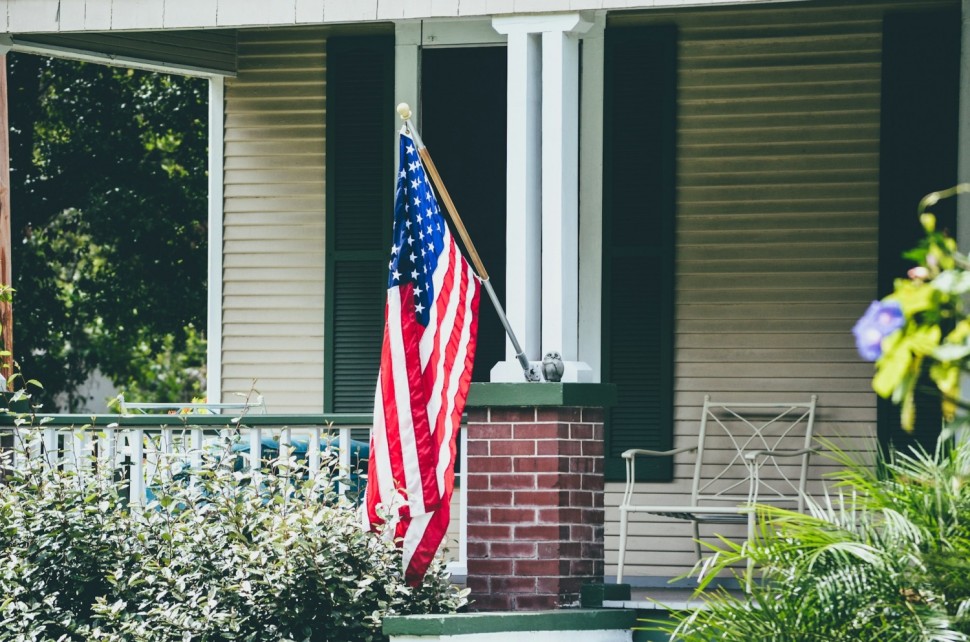
In 2022, the United States proudly recognized its community of about 16.2 million veterans, each a testament to bravery and service. For these heroes, the dream of homeownership is a well-earned part of their life.
This article enthusiastically explores the homeownership benefits available to veterans and military members. You'll dive into loans and beyond, spotlighting programs that empower the nation's veterans in their quest for a home.
Exploring VA Loans
VA loans are pivotal to your homeownership journey if you're a veteran. These loans, guaranteed by the U.S. Department of Veterans Affairs, offer significant advantages over traditional mortgages. To avail of these benefits, you must meet the eligibility criteria, which typically includes serving a minimum period in the military, Reserves, or National Guard or being an eligible spouse.
One notable feature of VA loans is the possibility of a 0 percent down payment, a rare find in the mortgage world. These loans don't require private mortgage insurance (PMI), a typical expense with other types of mortgages when putting down less than 20 percent. With VA loans, you'll also find more competitive interest rates and lenient credit requirements, making homeownership more accessible and affordable.
Home Buying Subsidies and Grants for Veterans
As a veteran, you can access special subsidies and grants that significantly enhance your homeownership opportunities. One such notable program is the Specially Adapted Housing (SAH) grant.
This grant helps those with specific service-connected disabilities acquire a home suitably adapted to their needs. It's important to note that the SAH grant accommodates only 120 veterans each fiscal year, from October 1 through September 30. This limited availability underscores the importance of timely application.
While VA loans offer the possibility of homeownership with favorable terms, the SAH grant can further tailor your home to your unique requirements. For instance, you qualify for a VA loan but need specific adaptations due to your service. The SAH grant can provide the necessary funds to modify a home for accessibility.
Tax Advantages for Veteran Homeowners
Property tax reductions and exemptions present a significant financial benefit for veterans across the United States. However, it's crucial to understand that these regulations and the extent of the benefits vary considerably by state.
In some states, veterans might find substantial reductions in their property taxes, while others offer complete exemptions in some instances. These variations are often based on factors like the degree of service-connected disabilities, the value of the property, and the veteran's income level.
Veterans interested in accessing these tax benefits should gather information about their state. It involves visiting their local tax assessor's office or the state's Department of Veterans Affairs website.
The application process typically requires proof of veteran status, such as a DD Form 214. In cases of disability, documentation from the Department of Veterans Affairs confirming the service-connected disability rating is necessary.
Applying for these tax benefits can be straightforward. However, seeking guidance from local veteran service officers or legal advisors specializing in veteran affairs is advisable. They can assist you with state-specific regulations and ensure you accurately prepare and submit all necessary documentation.
Building Credit and Financial Planning for Homeownership
Before stepping into homeownership, you must undertake a thorough credit checkup. This initial step is crucial for those considering VA loans, known for their flexible credit requirements. A good credit score can secure more favorable loan terms, enhancing its benefits.
Managing existing debt also reduces high-interest debts, keeps credit utilization low, and can positively impact credit scores. Timely bill payments and avoiding new debts are critical strategies as you approach your home purchase. Additionally, veterans should obtain free annual credit reports from major bureaus to keep track of their credit status.
Financial planning is also pivotal to the home-buying journey for veterans. Creating and adhering to a budget aids in understanding spending habits and identifying potential savings for a home purchase. Even though VA loans may not require a down payment, having a savings reserve can cover closing costs and other related expenses.
Veterans should also explore financial education resources tailored to their unique needs, offering guidance on budgeting, saving, and comprehending home financing. A financial advisor familiar with veterans' situations can provide personalized strategies to improve credit and save for a home.
The Importance of Real Estate Agents in Home Buying
A real estate agent experienced in veteran-specific transactions can significantly enhance your home-buying process. Over three million Americans hold active real estate licenses in 2022. Veterans must seek out those who specialize in and deeply understand the nuances of VA loans and veteran housing benefits.
These specialized agents can provide invaluable guidance, ensuring veterans fully utilize the unique programs and subsidies available. Their expertise not only simplifies the process but also helps find the best housing options tailored to the specific needs of veterans.
Maximizing Homeownership Opportunities
Veterans embarking on the journey to homeownership must explore the options available to them, including the advantageous VA loans. Delving into these resources provides a clearer understanding of their benefits and requirements.
In addition, it ensures a well-informed and strategic approach to home buying. Familiarizing yourself with the nuances of VA loans, subsidies, grants, and other veteran-specific financial aids can allow you to make empowered decisions.




